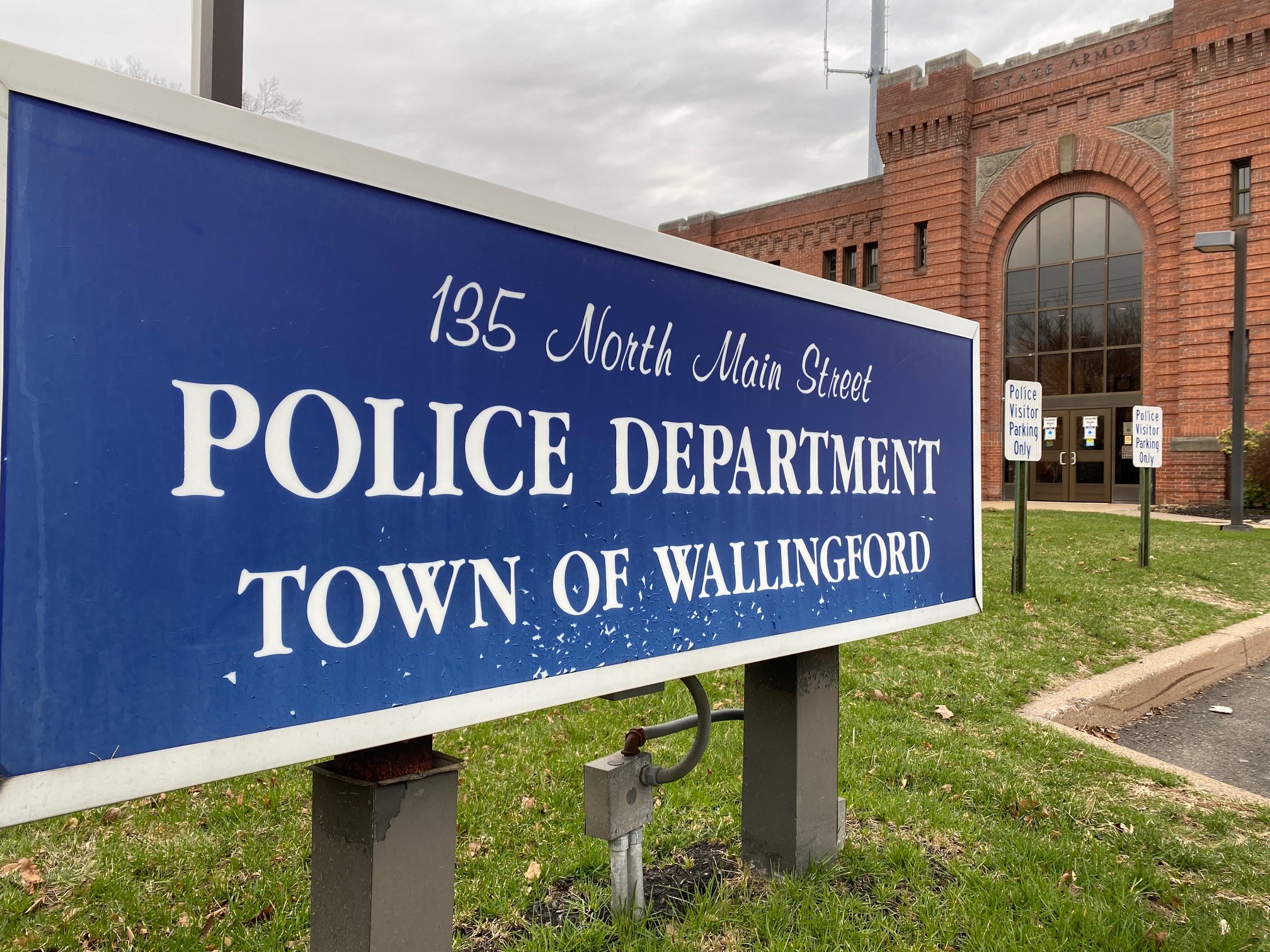Connecticut's new cannabis laws will have an impact on how law enforcement detects impaired driving.
“I think most law-enforcement officials have some concerns about this,” South Windsor Police Officer Kevin Geraci and a Drug Recognition Expert said.
Since 2012, Geraci has been teaching Connecticut law enforcement how to detect impaired driving as a Drug Recognition Expert.
There are 54 DRE’s in Connecticut, all of which perform post arrest procedures at municipal and state police headquarters after patrol officers make an impaired driving arrest. He says patrol officers initially perform the same standard field sobriety test for suspected high drivers as they would as they would for those driving drunk.
Get Connecticut local news, weather forecasts and entertainment stories to your inbox. Sign up for NBC Connecticut newsletters.
“We know that the time of perception issues that people have when they’re under the influence of marijuana, their ability to follow instructions, so you may see that transposed on the walking turn test where they maybe count too many steps they may step off the line, they may have a difficult time maintaining balance,” Geraci said.
Under the new cannabis legislation, Geraci says those arrested on suspicion of driving high will no longer be able to refuse a DRE evaluation.
“We’re also going to check the blood pressure, pulse rate, we’re going to measure their pupil size in different lighting conditions. We’re going to check their body temperature muscle tone,” Geraci said.
Local
“Our goal here in the state of Connecticut is to keep everybody safe out there,” Lt. Brian Foley, with Connecticut State Police said.
In an internal bulletin recently sent to law enforcement by the Connecticut Police Officer Standards and Training, officers can no longer use the smell of marijuana as probable cause for stopping and searching vehicles.
Foley says one of the biggest changes for law enforcement are the search and seizure components that in some cases turned up other violations like illegal firearms.
“That was a tool used. The law has changed it’s that simple in that officers need to make an adjustment,” Foley said.
Geraci says the new legislation calls for training more Drug Recognition Experts, a process he hopes can keep up to speed with what he expects to be an uptick in drug driving crashes.
“Unfortunately I think when people start to experiment with this and use it, we’re really going to see an increase in crashes associated with it,” Geraci said.
The new cannabis law significantly strengthens Connecticut’s impaired driving statutes by requiring police to be trained in Advanced Roadside Impaired Driving Enforcement (ARIDE) and allows for Drug Recognition Expert evaluations to result in license suspensions.
This means that drivers who are impaired on any substance, whether cannabis or otherwise, will be more quickly taken off the roads



